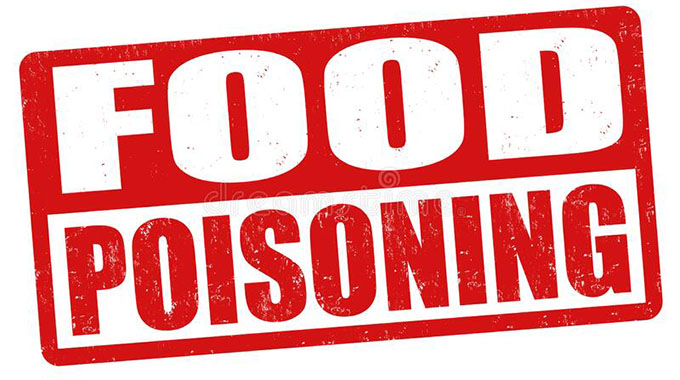Vending machines bring safe water to slum

NAIROBI. – In the 30 years that Josephine Muthoni has lived in Nairobi’s Mukuru slum, she has never had a steady supply of clean water.
The only way to get water was from vendors dotted around the slum, who charge exorbitant prices for the often polluted water they buy from government water points or steal straight from the municipal pipes, the 62-year-old mother of nine explained.
Muthoni said filling a 20-litre jerry can cost as much as 50 Kenyan shillings (45 US cents) – a potentially crippling amount in a city where the majority of slum dwellers earn less than US$1,90 a day, according to the World Bank.
The more than 600 000 residents living in one of Nairobi’s largest slums have struggled with water access for years, a problem exacerbated by frequent bouts of city-wide water rationing, which has been ongoing since 2017.
But soon, Mukuru residents will be able to fill a jerry can with clean water for as little as 50 Kenyan cents, using token-operated vending machines that the city government is installing in an effort to ease the slum’s water stress.
With the new system, residents will receive plastic tokens – similar to key fobs – that they can charge using the M-Pesa mobile money platform.
They then insert the tokens into a machine at one of the 10 water stations being set up around Mukuru, and select how much water they would like to dispense.
Kagiri Gicheha, an engineer at the Nairobi City Water and Sewerage Company (NCWSC), which is helping develop the system, said the project is in the final stages, only awaiting the installation of the vending machines.
The dispensers, each costing 200,000 shillings, mean Mukuru residents will no longer be at the mercy of the slum’s informal, exploitative water market, Gicheha said.
Until the system is operational, residents can fetch clean water for free from boreholes that have been dug for the project, each of which will feed up to four water dispensers.
Since starting the project in April 2020, the city government has drilled nearly 200 boreholes across five Nairobi slums and hopes to expand to more areas depending on funding and demand, Gicheha said.
Officials decided to launch the system in Mukuru after seeing the success of a similar program run by the local nonprofit Shining Hope for Communities (SHOFCO) in Kibera, Nairobi’s largest slum.
Currently, there are 23 machines dispensing water to Kibera residents, who pay two shillings to fill a jerry can, said Johnstone Mutua, a programme officer at the grass-roots group.
Maureen Adhiambo, a 28-year-old mother of three in Kibera, says the vending machines cost half of what she used to pay water vendors and finally offer her a reliable source of water.
“[Before], the queues were too long and water would come only once a week,”
Mutua said the first attempt at setting up a water vending system was in Mathare slum in 2015. – Global Times.










Comments